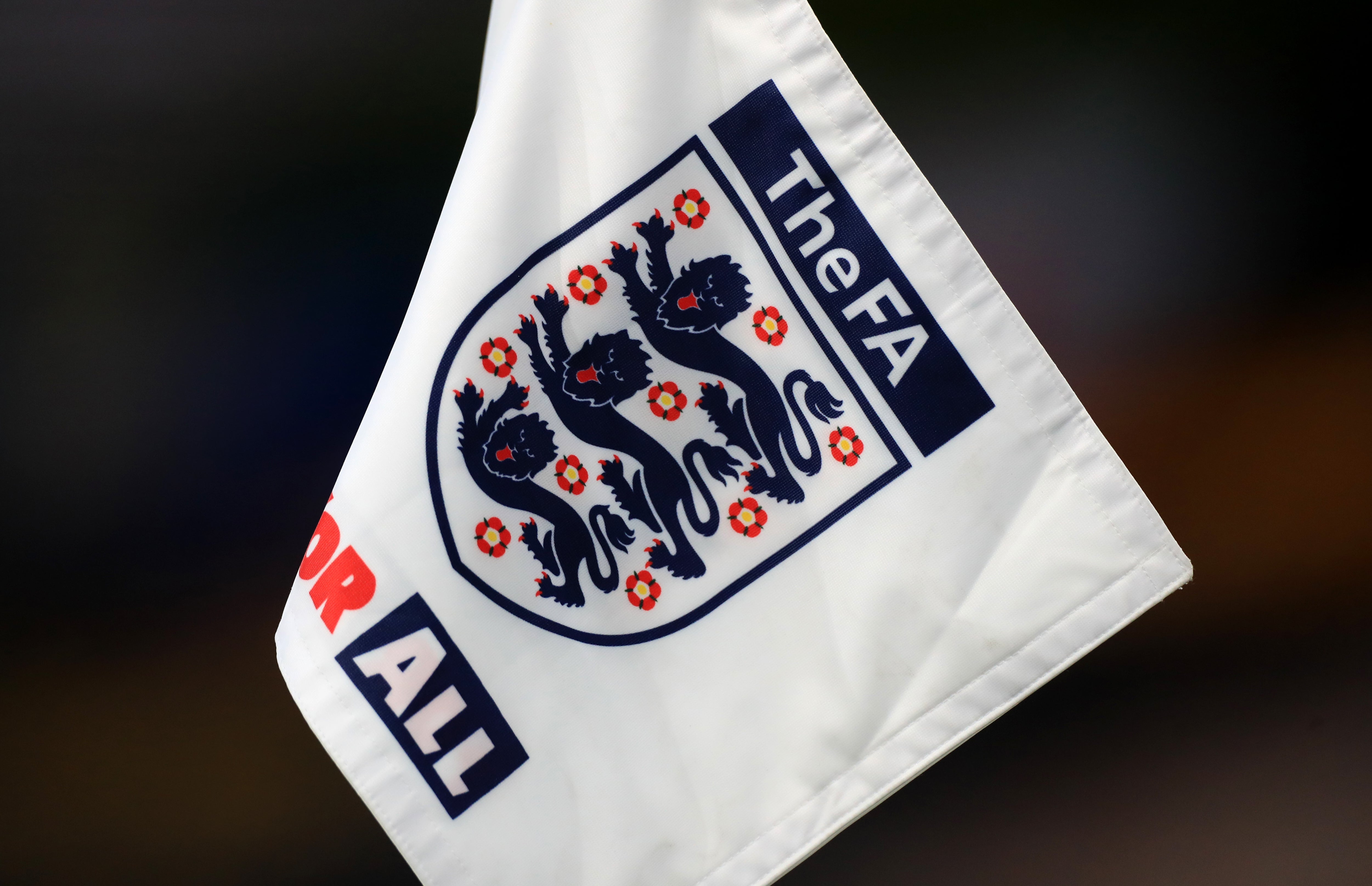English football’s civil war will continue in a 2022 full of rancour and mistrust
The Premier League, the FA, the EFL and the government are embroiled in a fight which will have serious ramifications for the future of the game, writes Tony Evans


Your support helps us to tell the story
From reproductive rights to climate change to Big Tech, The Independent is on the ground when the story is developing. Whether it's investigating the financials of Elon Musk's pro-Trump PAC or producing our latest documentary, 'The A Word', which shines a light on the American women fighting for reproductive rights, we know how important it is to parse out the facts from the messaging.
At such a critical moment in US history, we need reporters on the ground. Your donation allows us to keep sending journalists to speak to both sides of the story.
The Independent is trusted by Americans across the entire political spectrum. And unlike many other quality news outlets, we choose not to lock Americans out of our reporting and analysis with paywalls. We believe quality journalism should be available to everyone, paid for by those who can afford it.
Your support makes all the difference.It has been a fractious year for football. The failed attempt to create a European Super League exposed the fault lines that run throughout the game. The divide between the various factions is likely to get wider in the coming 12 months.
Money is at the heart of the problem but it is not as simple as rich vs poor, haves vs have-nots. There are shifting alliances everywhere, betrayal and backstabbing abound. There is more intrigue in the domestic game than in a John Le Carre novel.
The Tracey Crouch fan-led review of governance suggested that the answer to this is an independent regulator. This will be the main battleground in the immediate future. The Premier League does not want a regulator. Nor does the FA. Very few interested parties do.
The government would rather not waste time and legislative energy pushing the initiative through parliament. The civil servants involved have indicated to the various football authorities that they would rather the Premier League, FA and EFL get together and hammer out a deal that will remove the need for a regulator. The EFL is convinced that Whitehall needs to intervene.
Before Crouch’s conclusions were published, the FA approached the EFL and Premier League asking both organisations to sign a letter opposing an independent regulator. The EFL flat-out refused and the idea was scrapped. The EFL considers the FA to be a pawn of the Premier League. It is in no mood to compromise.
Within the top flight there are numerous splits. The so-called Big Six are far from a single unit. The hierarchies at Liverpool and Manchester United, in particular, do not see eye to eye with Manchester City. Tottenham Hotspur are considered almost an afterthought and Daniel Levy is a junior partner. City suddenly have more in common with Newcastle United, whose Saudi-backed takeover has sparked fear and anger in boardrooms across the division.
The EFL do not believe that the Premier League’s “associated party” rules on sponsorship, that are intended to stop the Saudi regime providing inflated contracts, are enforceable. Neither do Newcastle. Once the Premier League accepted legal assurances that St James’ Park is not under the control of the Saudi state, there were too many grey areas to be exploited by the kingdom’s potential sponsors.
Does the EFL’s view matter? Well, Newcastle may well be its problem next season. The EFL raised the issue with the FA board and were not reassured by the response, which boiled down to definitions of the word “control”.

The non-Super League top-flight teams – the 14 – will side with the Big Six when it suits them but this bloc showed its power when they killed off Project Big Picture (PBP) last year. PBP was driven by Liverpool and United in an unlikely alliance with the EFL. The proposals might have been a framework for further discussion. The document was full of holes but may have been a useful starting point for all parties to put forward their ideas. Instead it was shot down quickly. After that, Liverpool and United began to take the Super League’s entreaties more seriously.
The 14 are sometimes portrayed as a bulwark of good sense against the greed of the Big Six. This is nonsense. It was revealing that the two club executives who went public in their opposition to the Crouch review were Christian Purslow of Aston Villa and Leeds United’s Angus Kinnear. Both objected to the idea of revenue sharing and a regulator. Purslow used the hackneyed cliche about huge supermarket chains bankrolling corner shops. They were embarrassed by this intervention at the Premier League headquarters.
Kinnear’s effort upped the ante. The Leeds chief executive wrote in his programme notes that “football is a private sector business and has flourished that way. Enforcing upon football a philosophy akin to Maoist collective agriculturalism (which students of ‘The Great Leap Forward’ will know culminated in the greatest famine in history) will not make the English game fairer, it will kill the competition which is its very lifeblood”.
That might be the single most preposterous statement of 2021. Considering the level of competition provided by Boris Johnson’s regime during the pandemic and the fallout from Brexit, it throws a spotlight on football’s lack of self-awareness and stupidity.
It is appropriate to evoke Conservative philosophies here. The instinct of the successful to pull up the ladder behind them has been fostered by the Tories. The sense of entitlement by Villa and Leeds is even more stunning when set against the reality that the Midlands team spent three of the past 10 seasons in the Championship, are only in their third campaign back in the top flight and were one of the clubs who tried to get the season made null and void during the pandemic so that they could lift the spectre of relegation.
As for Leeds, they spent 13 seasons in the Championship – a run only interrupted by three years in League One. This is their second Premier League campaign after promotion. If there is any justice they will be relegated in May. At that point Kinnear will probably become a little red book-waving Maoist.
Can an independent regulator solve the problems? It is worth a try. One thing is certain: there is no chance of a consensus in domestic football in 2022. Rancour and mistrust are too well established.
Join our commenting forum
Join thought-provoking conversations, follow other Independent readers and see their replies
Comments